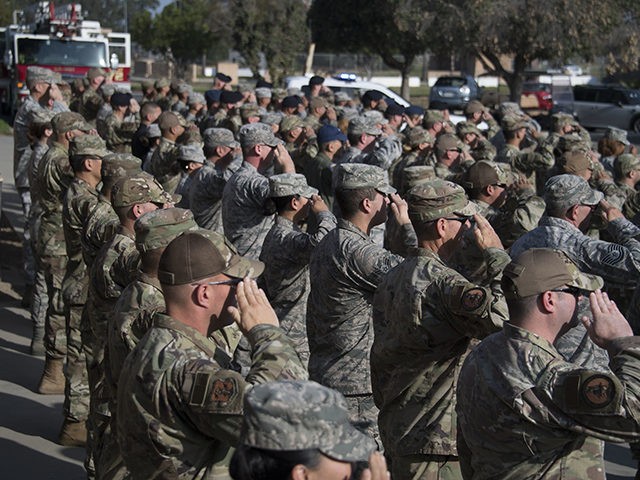A vigorous argument has erupted over the proper way to restore order in the face of riots, arson, and looting following the death of George Floyd. Should local police be supplemented by the National Guard, or by the Army, or would that make things worse?
Tom Cotton led the charge for the “Send In the Troops” position in a much-debated op-ed for the New York Times. Cotton is right that federal law gives the president the authority to use military force against domestic disorder. That authority is explicitly laid out in the Constitution, has been invoked and incorporated in federal legislation dating all the way back to George Washington’s presidency, and is currently governed by the Insurrection Act passed in 1807 and signed into law by Thomas Jefferson. Abraham Lincoln used the army to restore order in New York’s draft riots in 1863, dispatching combat veterans directly from the battlefield in Gettysburg. In modern times, the Insurrection Act has been invoked by Dwight Eisenhower and Lyndon Johnson against resistance to racial integration, and by George H. W. Bush to restore order in the Los Angeles riots in 1992, whose origins were similar to today’s crisis.
There is nothing un-American or “fascist” about such a longstanding backstop against chaos. Our constitution itself was written in response to a rebellion in Massachusetts that had to be suppressed solely by state authorities because the federal government was too weak to help. George Washington and Abraham Lincoln were not fascists for using military force when it was necessary to end rebellions and riots.
Reaching for the Army, however, should be a last resort. Prudence counsels against Cotton’s proposal, for now. Where police are unable to handle riots, states can call up the National Guard. Minneapolis, the center of the storm, has done this, with some success. Bill de Blasio has refused to do so, and New York City has paid the price. Only where the Guard proves inadequate to the task should the regular military be called in.
 |
|
|
We therefore share some of the concerns aired by James Mattis, especially his view that only in the most extraordinary circumstances should the Army be called in over the objections of state and local officials. But Mattis is wrong to paint all military assistance to law enforcement as a mission to “violate the Constitutional rights of their fellow citizens” that necessarily “erodes the moral ground that ensures a trusted bond between men and women in uniform and the society they are sworn to protect.” In fact, plenty of Americans support it. A Morning Consult poll found earlier this week that 58 percent of registered voters supported cities’ calling in the military “to supplement city police forces,” including 48 percent of Democrats and 37 percent of black voters. 71 percent supported their calling in the National Guard. A more recent poll found that support for a military presence has declined since then, but that most Americans still support calling in the Guard. Voters, even those who support the peaceful protests, want an end to riot and disorder.
Read the rest of the National Review editorial
HERE.
If you like what you see, please "Like" us on Facebook either
here or
here. Please follow us on Twitter
here.



No comments:
Post a Comment